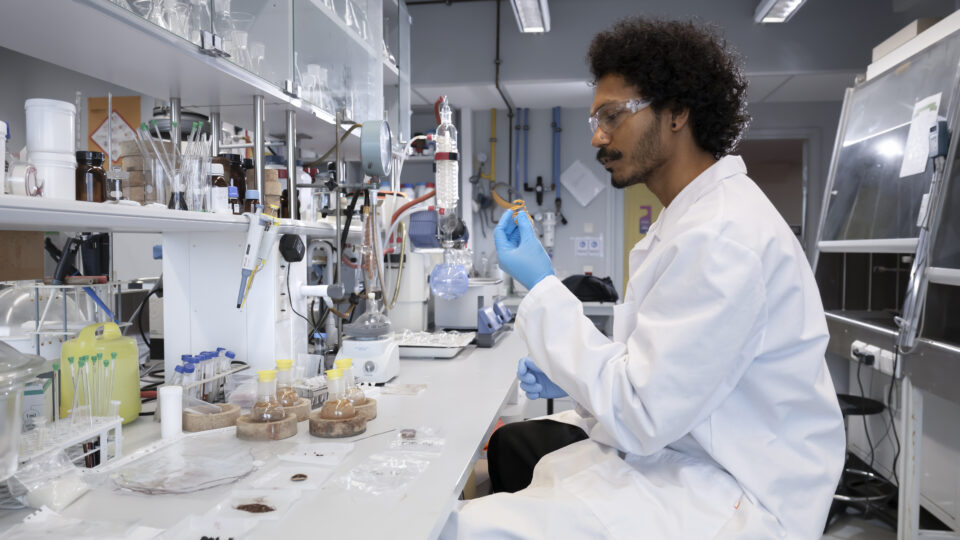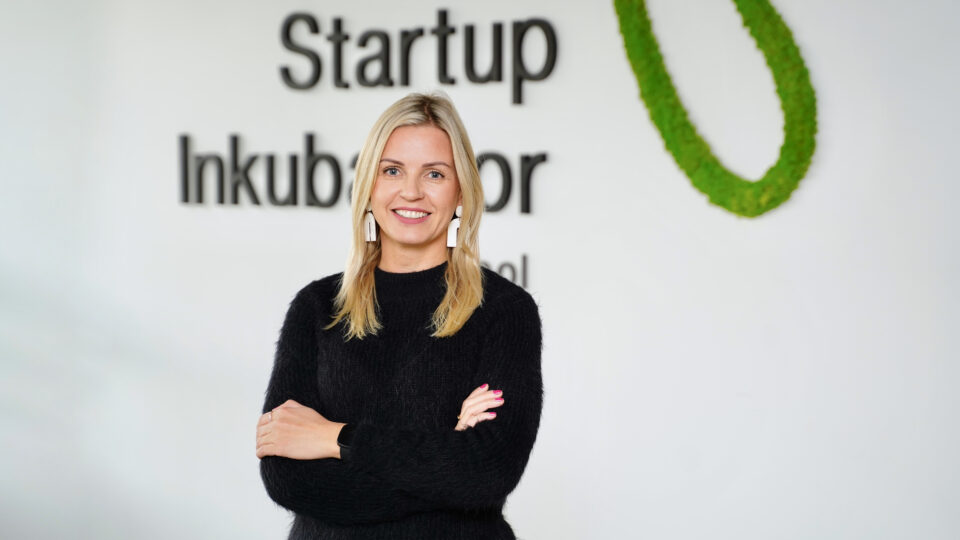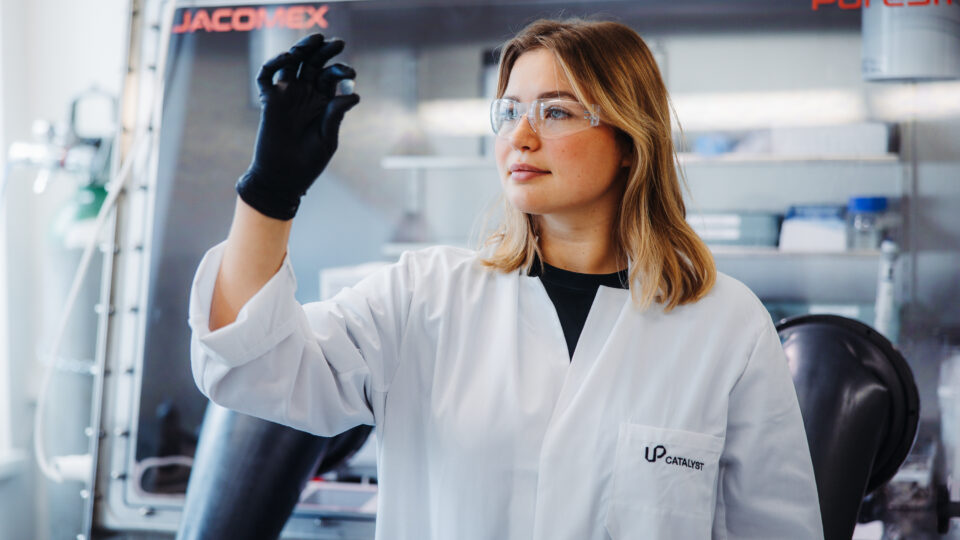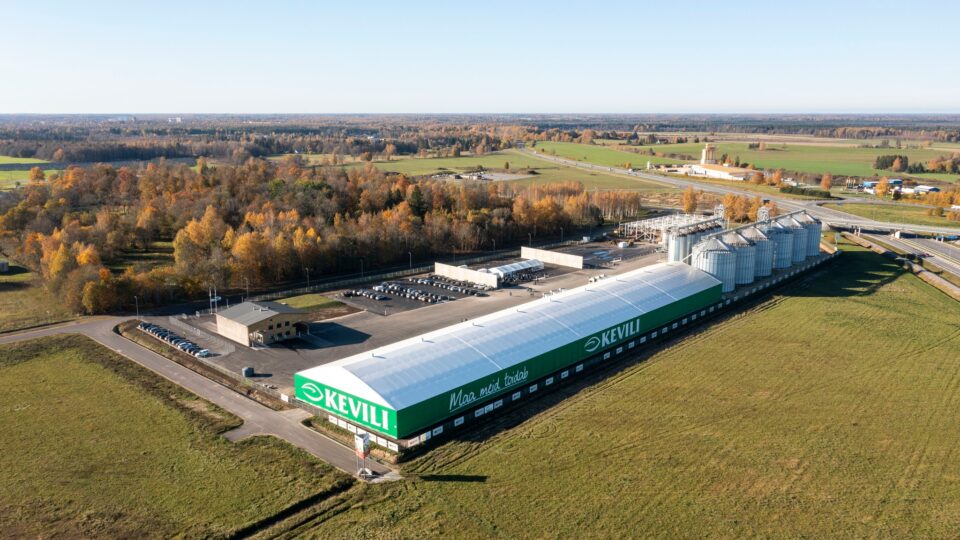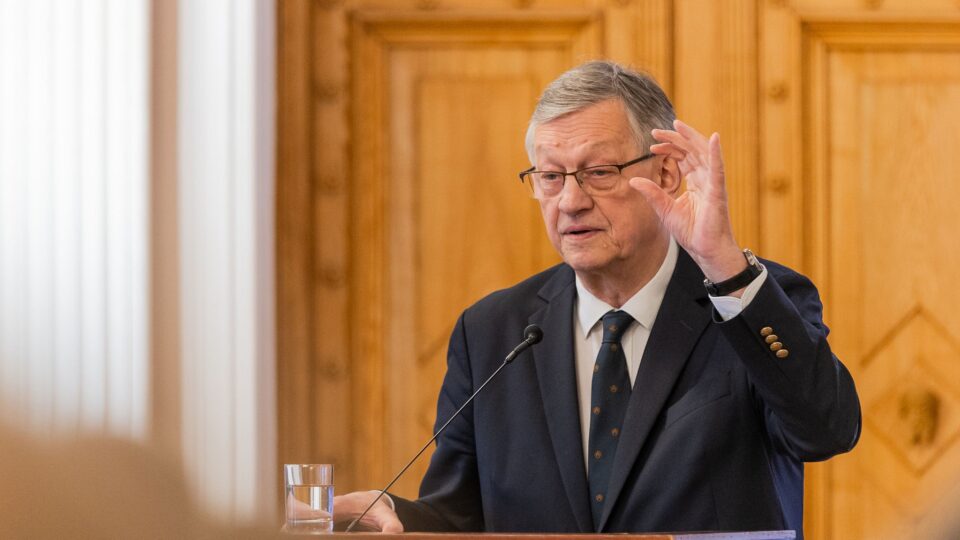In the global push toward sustainability, one of the most promising yet underutilized natural resources is lignin. Traditionally regarded as a low-value byproduct of the pulp and paper industry, lignin is now at the forefront of innovative research aimed at transforming it into high-value products.
innovation
The Estonian startup landscape is constantly evolving, shaped by emerging technological directions and trends. Anne-Liisa Elbrecht, Head of the Tehnopol Startup Incubator, shared her thoughts on the current state of Estonian startups, the challenges they face, and their future prospects.
With climate change intensifying natural hazards like floods and snowstorms, cities worldwide must enhance resilience. A research team from TalTech and PUCRS, in collaboration with partner cities and commercial stakeholders, is developing a Natural Hazard Resilience Toolkit to improve crisis management through better communication and data integration.
If power lines could better account for actual weather conditions, they would be able to transmit more electricity. TalTech researcher Henri Manninen co-founded the technology company Gridraven, which specifically enhances electricity transmission capacity.
Imagine a city where the invisible world hidden beneath streets and buildings is mapped and integrated with innovative urban planning. TreeCity, one of the finalists of FinEst Centre for Smart Cities's Smart City Challenge 2024, offers exactly this.
Battery technology needs more environmentally friendly solutions, as the graphite currently used in batteries burdens nature heavily. One eco-friendlier alternative is to replace graphite with carbon materials produced from carbon dioxide. The industrial doctorate, created in collaboration between chemist Mirjam-Kim Rääbis, TalTech, and UP Catalyst, contributes to the development of such materials.
In Estonia, cross-sector collaboration is gaining momentum thanks to SekMo, the Intersectoral Mobility Support measure, which enables researchers and top specialists to move between academic and non-academic fields. During the first round, which concluded last year, €5.9 million was allocated to 65 projects to accelerate innovation and research-intensive solutions across various sectors.
At the sTARTUp Day 2025 festival in Tartu, the highest recognition went to SafePAS – a startup founded by TalTech Associate Professor Jekaterina Mazina-Šinkar. The company is developing Drug Hunter, a portable device for rapid drug detection.
The mountain-like oil shale ash heaps of Ida-Virumaa have long been a part of Estonia’s landscape, symbolizing both industrial heritage and environmental impact. But what if they hold a hidden treasure?
Researchers at TalTech, in collaboration with environmental services company Ragn-Sells, are developing innovative technologies to transform these waste materials into valuable resources, giving them a new purpose and sustainable future.
Estonia's future depends on the balanced development of scientific and applied research, the implementation of high technologies, and the ability of the Tallinn University of Technology to bring innovation into industry and international collaboration networks.
